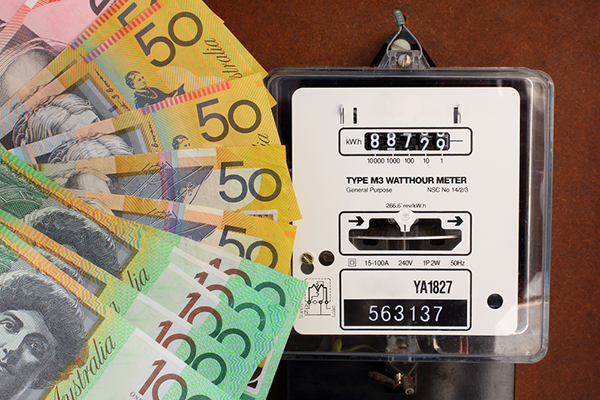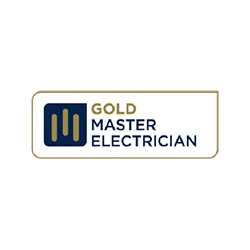13 July 2017
Electricity price hikes: 10 ways to avoid paying too much
The start of the new financial year has brought with it unwanted electricity price rises across Australia. Queenslanders are expected to pay up to 3.5% more on their bills.
There are a few things you can do to ensure that you’re not too harshly hit by the increase. We have some tips on how to avoid paying too much on your bills.
- Switching providers is often viewed as a big hassle, but with new comparison sites, it can be fairly straightforward and hassle-free. At the very least, one thing you can do to ensure you are getting the best deal on your electricity is by comparing energy providers for better value. Even calling your current provider and asking to be moved to the cheapest market offer can make a difference.
- Monitor your usage with an energy audit, or have an energy monitor installed. This will help identify any problems as well as indicate which appliances are drawing excess power.
- Switch halogen downlights to LED. You could save up to $25 per year, per light on your energy bills. LEDs are more cost-effective, environmentally friendly and are also safer than halogen downlights.
- Check old appliances. Old plasma TVs, fridges, even kettles can use up more electricity than newer, more energy-efficient appliances.
- Replace old hot water systems. Older systems that are nearing their use-by date may be struggling and using more and more power or gas to heat your hot water. If you think you have an old system, have it checked out and consider replacing it to save you money on your bills.
- Make sure that your hot water pipes and valves are properly insulated. This will keep the water warm as it moves through the system and keep it running smoothly. Decreasing your bills and increasing your system’s lifespan.
- Use eco modes on your washing machine and dishwasher. This not only saves water but also uses a lower temperature. Some models allow you to manually select the temperature of your wash load.
- Check your heaters and air conditioners. If you have gas heaters, they should be checked annually to prevent leakages. Dirty, neglected air conditioners become expensive to run as they have to work much harder to heat or cool your home. Air conditioning units must be regularly cleaned and maintained to make sure they are working most efficiently. Make sure are running your air conditioning at the most energy-efficient setting and the temperature should be 24 degrees for heating and cooling.
- Use reverse cycle air conditioners for heating. Common electric or gas heaters may seem like a cheaper option for the winter, but using your reverse cycle air conditioner is more cost-effective at heating your home. Their in-built thermostat automatically controls airflow and heat, which means that you are not using excess power once the desired room temperature is reached.
A modern, reverse cycle split system can be up to 46% more efficient than older models and are up to 3 times more efficient than an electric heater. They also have many other energy-saving functions including sensors that monitor room activity and minimise energy use when a room is not in use. - The simple things… Turn off lights when not in use, switch off appliances at the power point, don’t spend too much time choosing your midnight snack in the fridge, only boil a kettle with the amount of water you need, take shorter showers.
Suggested articles
No articles found

